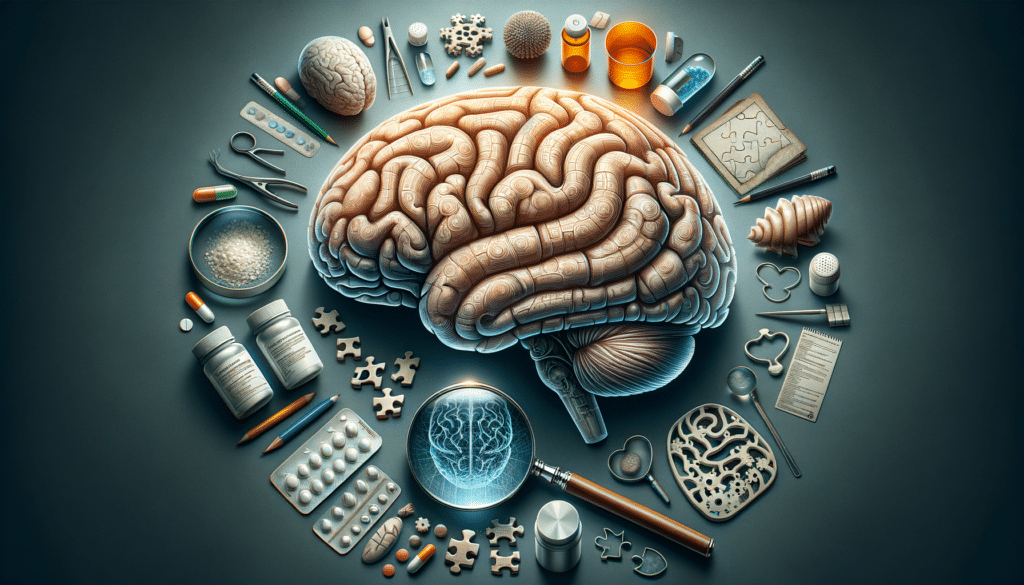Introduction to Alzheimer’s Disease
Alzheimer’s disease is a progressive neurological disorder that primarily affects older adults, leading to memory loss, cognitive decline, and behavioral changes. As the most common cause of dementia, it impacts millions of individuals worldwide, posing significant challenges for patients, families, and healthcare systems. Understanding the early signs and treatment options is crucial for early intervention and effective management of the disease. The importance of raising awareness about Alzheimer’s cannot be overstated, as it enables families to make informed decisions about care and treatment, potentially improving the quality of life for those affected.
Recognizing the Early Signs of Alzheimer’s
Identifying the early signs of Alzheimer’s disease is vital for timely diagnosis and intervention. Early symptoms often include subtle memory lapses, such as forgetting recent events or conversations. As the disease progresses, these lapses become more frequent and severe. Other early signs may include:
- Difficulty in planning or solving problems: Individuals may struggle with tasks that require concentration, such as managing finances or following a recipe.
- Confusion with time or place: Losing track of dates, seasons, and the passage of time is common, as is forgetting where they are or how they got there.
- Challenges in understanding visual images and spatial relationships: This may manifest as difficulty reading, judging distance, or determining color contrast.
- Problems with words in speaking or writing: People may have trouble following or joining a conversation, often stopping in the middle of a sentence.
Recognizing these early signs can lead to a quicker diagnosis, allowing for better management of the disease and planning for future care.
Diagnosis and Stages of Alzheimer’s
Diagnosing Alzheimer’s involves a comprehensive assessment, including medical history, cognitive tests, and brain imaging. Healthcare professionals may also conduct neurological examinations and laboratory tests to rule out other causes of cognitive decline. The progression of Alzheimer’s is typically divided into three stages:
- Early Stage (Mild): Individuals may function independently but experience memory lapses, such as forgetting familiar words or the location of everyday objects.
- Middle Stage (Moderate): This is usually the longest stage, where individuals may confuse words, get frustrated or angry, and act in unexpected ways, such as refusing to bathe.
- Late Stage (Severe): In this stage, individuals lose the ability to respond to their environment, carry on a conversation, and eventually control movement.
Understanding these stages helps caregivers provide appropriate support and interventions tailored to the individual’s needs.
Current Treatment Options for Alzheimer’s
While there is no cure for Alzheimer’s disease, several treatment options can help manage symptoms and improve quality of life. Current treatments focus on maintaining mental function, managing behavioral symptoms, and slowing the progression of the disease. These include:
- Medications: Cholinesterase inhibitors and memantine are commonly prescribed to help manage symptoms related to memory, thinking, language, and judgment.
- Non-drug approaches: Cognitive training, physical exercise, and social engagement are encouraged to support cognitive health and emotional well-being.
- Behavioral interventions: Techniques such as creating a calm environment and simplifying tasks can help manage challenging behaviors.
Ongoing research continues to explore new treatment possibilities, offering hope for more effective therapies in the future.
Supporting Individuals and Families Affected by Alzheimer’s
Providing support to individuals and families affected by Alzheimer’s is essential for managing the emotional and practical challenges of the disease. Caregivers play a crucial role in helping patients maintain their independence and quality of life. Support strategies include:
- Education and resources: Providing information about the disease, treatment options, and caregiving techniques can empower families to make informed decisions.
- Support groups: Connecting with others facing similar challenges can offer emotional support and practical advice.
- Respite care: Temporary relief for caregivers can help prevent burnout and maintain their well-being.
Community resources and healthcare professionals can also provide valuable assistance, ensuring that families have access to the support they need throughout the journey with Alzheimer’s.





